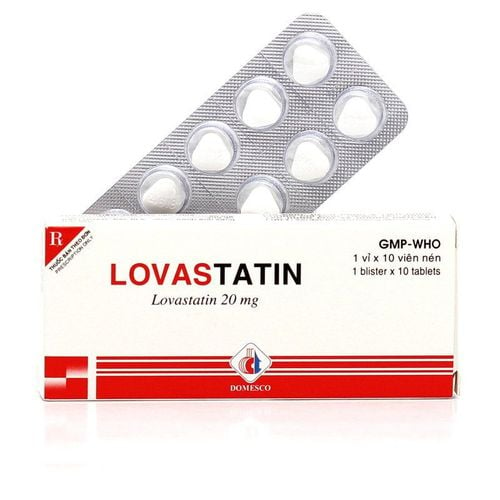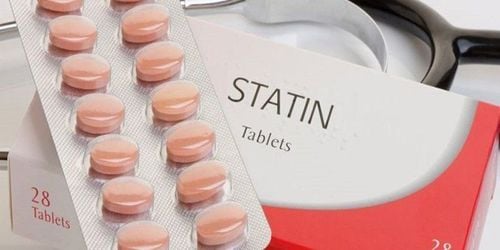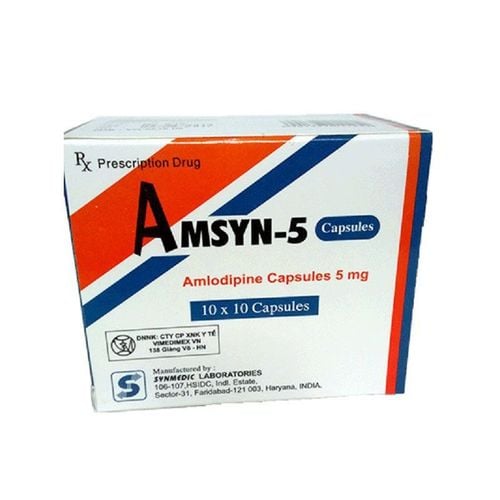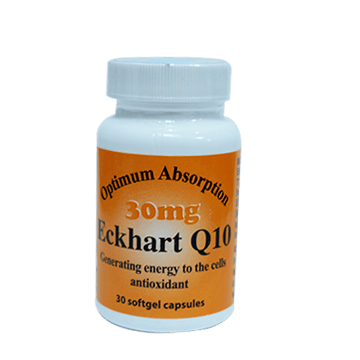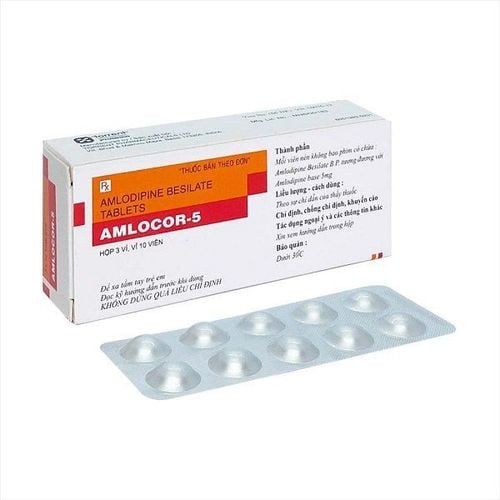This is an automatically translated article.
Myocardial ischemia is a dangerous cardiovascular disease and has many complications that occur when the blood supply to the heart muscle, the coronary artery, is blocked. Therefore, the prevention of myocardial ischemia in general and the application of a reasonable diet in particular in patients with or without cardiovascular disease risk is a necessary measure to help reduce the incidence of this disease. . So what should people with myocardial ischemia eat?
1. What is myocardial ischemia?
1.1 Definition Myocardial ischemia is a cardiovascular disease that occurs when there is a partial stenosis of the coronary arteries, the arteries that supply blood and nutrients to heart muscle cells.
The cause of myocardial ischemia is usually because the patient's body responds to cardiovascular risk factors, thereby increasing heart rate, blood pressure, other chemical reactions... causing chronic inflammation in the coronary artery. Damaged coronary arteries will create conditions for the formation of atherosclerotic plaques, thereby causing narrowing of the blood vessel lumen, myocardial ischemia.
1.2. Risk factors Currently, this ischemic heart disease is often associated with the following factors:
Modifiable factors:
Psychological problems such as stress, anxiety, negative thinking, depression emotional, little social support... Inappropriate diet. Smoke. Overweight or obese. Limit physical activity, inactivity. Use a lot of alcohol. Diseases such as hypertension, diabetes, dyslipidemia Factors that cannot be changed:
Older people. Myocardial ischemia is more common and has an earlier onset in men. Menopause: Postmenopausal women have a high rate of myocardial ischemia. Family history. Ethnicity: People of East and South Asian descent have a higher rate of ischemic heart disease, while blacks have a lower rate of ischemic heart disease.
2. Clinical symptoms of myocardial ischemia
Chest pain is a symptom commonly associated with myocardial ischemia. Some patients have no signs of chest pain but other manifestations such as palpitations, dyspnoea, altered consciousness, fatigue, syncope or coma, hyperglycemia, hypotension...
Abnormalities on 12-lead electrocardiogram. Cardiac enzyme biomarker test. Echocardiography helps aid in the diagnosis and differentiation of other conditions of cardiac function. Other tests such as electrolytes, serum lipid tests, liver and kidney function...
3. Diet for people with myocardial ischemia
A reasonable diet is the main preventive measure in cardiovascular diseases in general and myocardial ischemia in particular. This measure reduces all-cause mortality and ischemic death, while providing the body with essential nutrients.
3.1. Myocardial ischemia eat what? High-fiber foods: The European Society of Cardiology (ESC) recommends using 30-45 g of fiber per day in the prevention of cardiovascular diseases in general and myocardial ischemia in particular. Increasing dietary fiber intake reduces total cholesterol, LDL-C and the risk of ischemic events. Foods rich in fiber include whole grains such as barley, oats, legumes, fresh fruits and vegetables. Foods that contain Polyunsaturated Fatty Acids (PUFAs) like Omega-6, mainly from plants, and Omega-3, mainly from oils and fats... are a great substitute for saturated fats in your diet. Strategies to lower LDL cholesterol. The amount of unsaturated fatty acids linoleic acid and alpha-linolenic acid should account for about 6 - 11% of total daily energy. The recommended foods to use include canola oil, flaxseed, olive oil, soybean oil, algae, salmon, mackerel, tuna... Accessories such as garlic, turmeric, ginger, pepper... also for beneficial effects in the prevention of ischemic heart disease. 3.2. Myocardial ischemia drink what? Fat-free or low-fat dairy products are often recommended for patients with ischemic heart disease to limit the amount of bad fat. Use smoothies with pureed fruit or vegetables. Green Tea: A report found that green tea contains active ingredients that help prevent the accumulation of cholesterol in the coronary arteries, thereby reducing the formation of atherosclerotic plaques. It also acts as a vasodilator and anticoagulant allowing increased blood flow through the coronary arteries. Red wine helps improve heart health by removing the source of LDL-C which is the bad cholesterol and synthesizing HDL-C. It is recommended to consume no more than 150 ml of red wine per day. Beverages rich in Vitamin C such as orange juice, lemon juice, octopus... Vitamin C helps to reduce coronary artery stiffness, lower blood cholesterol and keep the coronary artery clear and supple. Functional foods containing Omega-3, Vitamin E, Vitamin A, Phytosterol ... can be used under the guidance of the treating doctor. 3.3. What is myocardial ischemia? High-salt diet: Reduce the consumption of foods high in sodium because these foods increase the risk of high blood pressure or other cardiovascular diseases, including myocardial ischemia. According to the recommendations of the European Society of Cardiology (ESC) should use less than 5g of salt per day to prevent cardiovascular disease. Processed foods, canned foods often contain high levels of salt and preservatives that are harmful to the body, should avoid using these foods or choose unprocessed foods to use. Soft drinks, carbonated water: These drinks increase blood glucose levels, thereby increasing blood insulin levels, resulting in increased appetite and leading to overweight and obesity, one of the risk factors. of ischemic heart disease. Foods containing harmful saturated fats include red meat such as pork, beef, goat meat... skin, viscera, animal fat, egg yolk, shrimp... fast food such as popcorn, snack, donuts, cookies...Food that is processed by frying, sautéing with a lot of fat, roasting, baking... Increases bad cholesterol in the blood, thereby increasing formation of atherosclerotic plaques in the coronary arteries. High-carbohydrate foods such as white bread, white rice, pizza... can increase blood sugar after eating. In addition to a healthy diet, there are other non-drug measures to prevent myocardial ischemia, such as:
Control and treat psychological problems such as anxiety, depression, stress, change in living behavior , improve the quality of life... Regular physical activity, can do gentle exercises, yoga, tai chi... Avoid lying down, sitting in one place for a long time. Stop smoking. Control appropriate weight, avoid overweight and obesity. Implementing a reasonable and scientific diet is a convenient and effective method in the prevention of ischemic heart disease. However, the combination of other prevention methods will help patients limit the incidence of the disease. At the same time, when detecting abnormal symptoms related to myocardial ischemia, patients should immediately go to the nearest medical facility for timely diagnosis and treatment.
Please dial HOTLINE for more information or register for an appointment HERE. Download MyVinmec app to make appointments faster and to manage your bookings easily.




